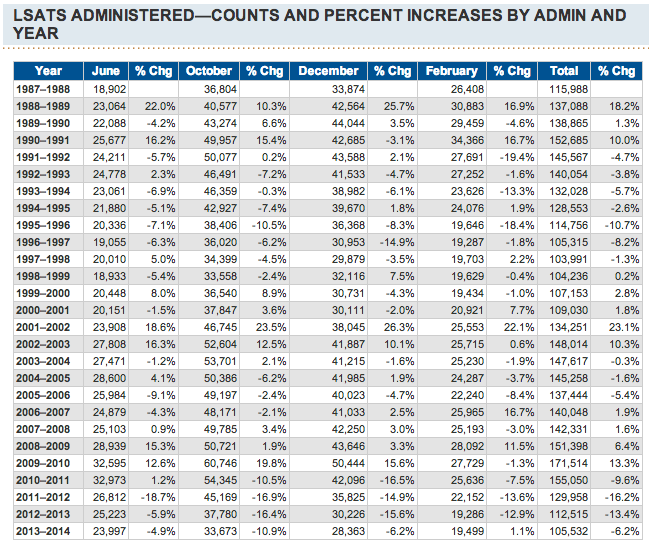Law Librarians & Law Reviews
As the library liaison to a law review, I blog about law reviews often (just filter my posts by 'law review'). I am pleased to announce that two of my (very) short articles dealing with the various ways that law librarians can help law reviews have been published. The articles discuss law librarians assisting with publication agreements and law librarians creating a law review library for cite-checking . The articles are part of a broader Best Practices Manual that came from the 2013 National Conference of Law Reviews. For more information on law librarians assisting law journals, please see: Keele, B. J. & Pearse, M. (2012). How librarians can help improve law journal publishing . Law Library Journal , 104(3). 383-410.

